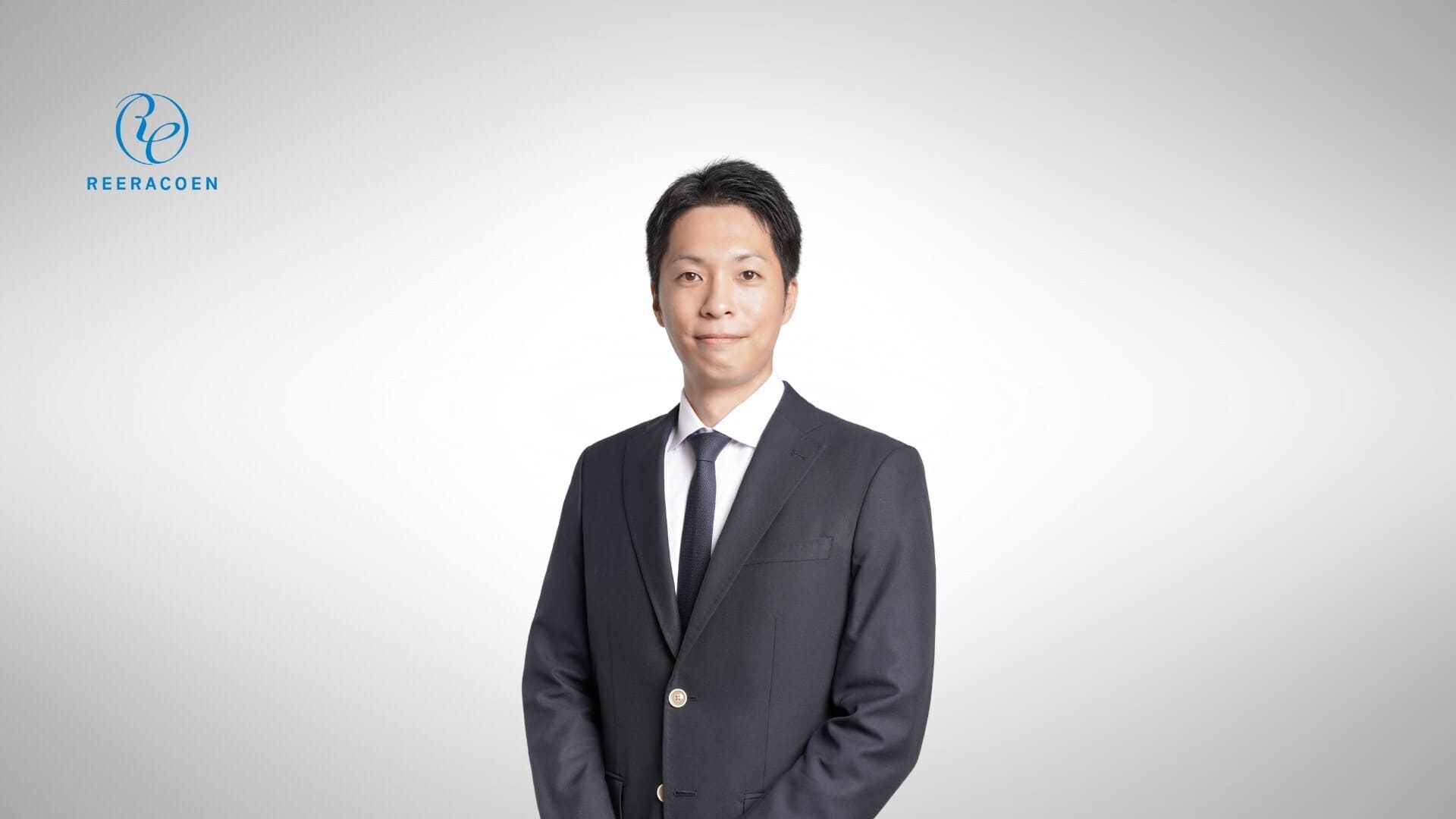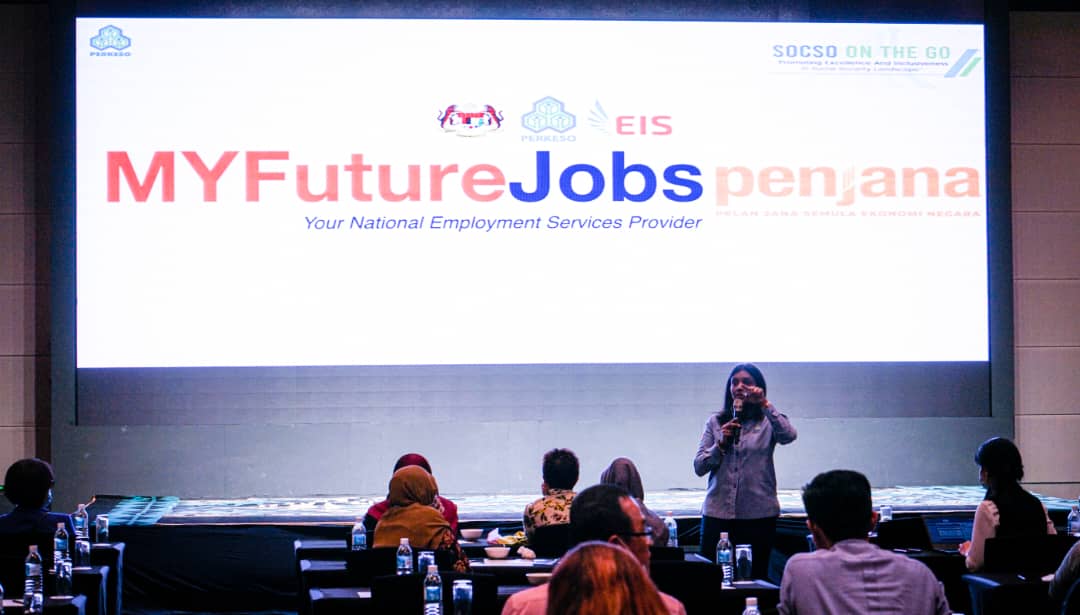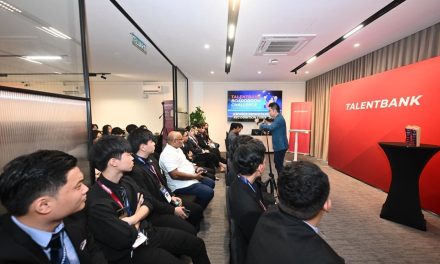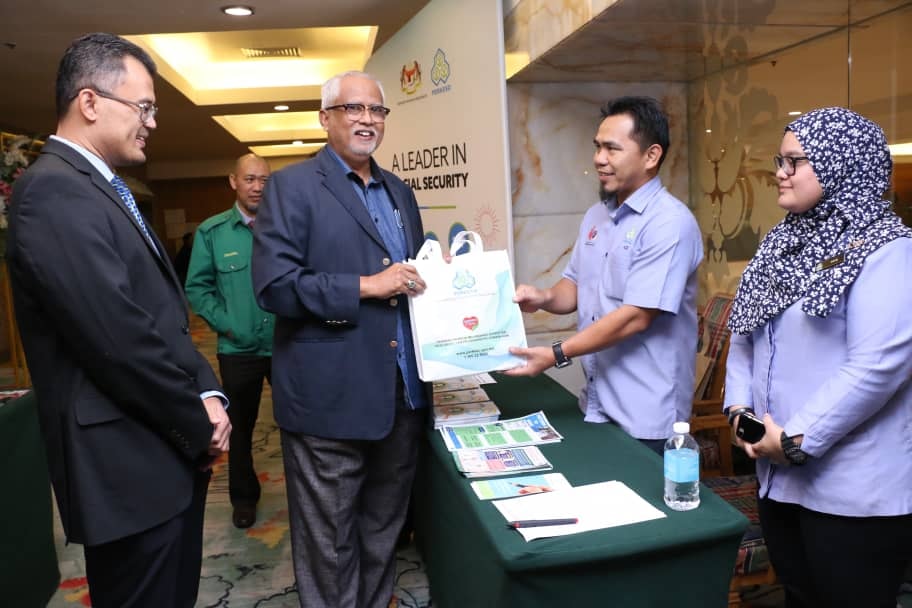Malaysian professionals are sending a clear message to employers: ambition without purpose is not enough and neither is purpose without progression.
The newly released Reeracoen x Rakuten Insight APAC Workforce Whitepaper 2025 surveyed over 12,000 professionals across 12 Asia-Pacific markets and found Malaysia’s workforce stands apart. Nearly 40% of Malaysian workers aspire to leadership roles (above the APAC average of 37%). At the same time, two out of three say a company’s stance on sustainability and social responsibility influences whether they will take a job.
The stakes are rising in other ways. More than one in four Malaysian workers (28%) now expect double-digit salary increases, compared to just 21% regionally. It is a bold ask, but the data suggests it comes with an equally bold commitment: Malaysia is one of the few APAC markets where company-sponsored training significantly outpaces what employees pursue on their own.
“Malaysian talent is capable, grounded and ready to grow. Ambition here is strong, but so too is the demand for values, trust and leadership that empowers,” said Yohei Yagi, Country Manager, Reeracoen Malaysia. “Employers who combine structure with stretch and strategy with empathy, will unlock the full potential of Malaysia’s workforce.”

The Talent Paradox Employers Must Solve
Malaysia has positioned itself aggressively as a hub for digital innovation, advanced manufacturing, and green growth through initiatives such as MyDIGITAL, Industry4WRD and the Twelfth Malaysia Plan. Foreign investment is flowing into semiconductors, renewable energy and tech infrastructure.
But there is a gap between policy ambition and workplace reality. While 71% of Malaysian professionals say flexible work arrangements matter to them, access remains inconsistent across industries. And while workers want empathetic, empowering leadership – 58% call it critical to job satisfaction – many organisations still default to top-down management styles that stifle the very ambition they claim to want.
The whitepaper presents five forces reshaping Malaysia’s talent landscape:
- Leadership Hunger: 39% of professionals aspire to leadership roles, signalling a workforce ready to step up, provided the opportunity and developmental support are present.
- Values as Non-Negotiables: 67% factor in sustainability and corporate responsibility when choosing employers.
- Empathy as a Strategy: 58% identify empathetic leadership as essential to job satisfaction, making culture as decisive as compensation in worker retention.
- The Flexibility Gap: Hybrid work is valued by 71% of workers, but uneven implementation across sectors creates frustration and turnover risk.
- Proactive Upskilling: Unlike many markets where employees drive their own learning, Malaysian workers are more likely to engage with company-sponsored training programmes – a competitive advantage if leveraged well.
What This Means for Employers
Kenji Naito, Group CEO of Reeracoen Group, added, “Flexibility, purpose and learning are no longer perks. They are expectations. The companies that realign their talent strategies around these values will lead the next wave of regional growth.”

Collin Leow, Country Director, Malaysia & Thailand, Rakuten Insight, shared, “The future of employment in Malaysia and Thailand will be defined by how well we align ambition with adaptability. Workers today are not only seeking growth — they are seeking meaning, mobility and mastery. The findings from this study highlight a powerful regional shift where professionals want to lead, but they also want to learn, contribute and belong in organisations that reflect their values.
As technology and sustainability reshape our economies, employers who invest in empathetic leadership, equitable flexibility and purposeful upskilling will gain a decisive advantage. The most successful companies will be those that see talent not just as a resource to be managed, but as a force to be empowered — capable of driving innovation, resilience and inclusive growth across borders.”
For employers, the message is clear: incremental adjustments may no longer cut it. Workers value organisations that take hybrid work seriously, back ESG commitments with action, develop leaders from within and treat empathy as a business competency, not a soft skill.










